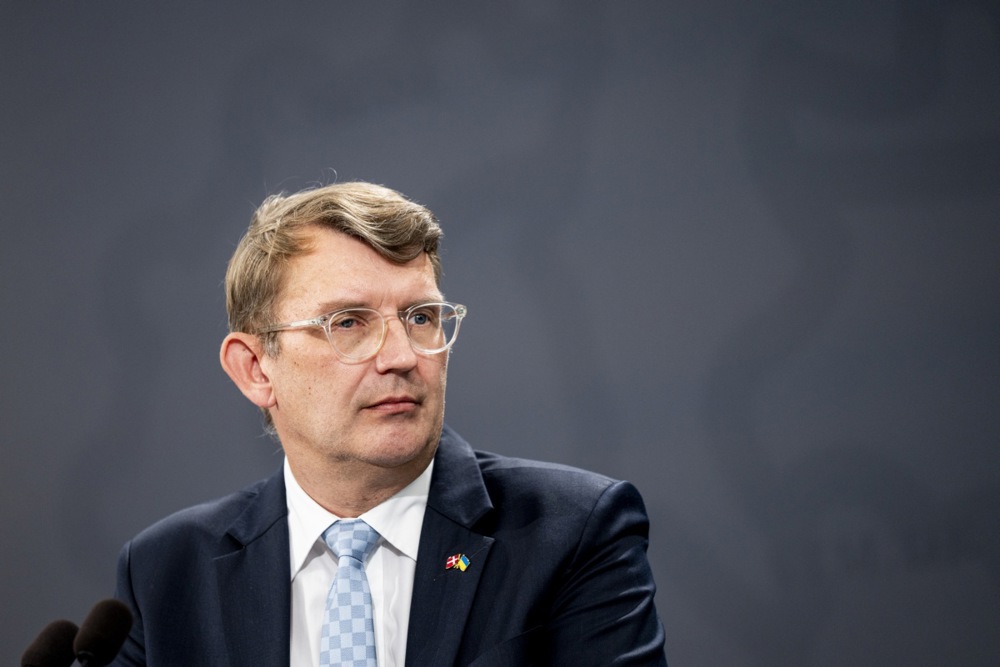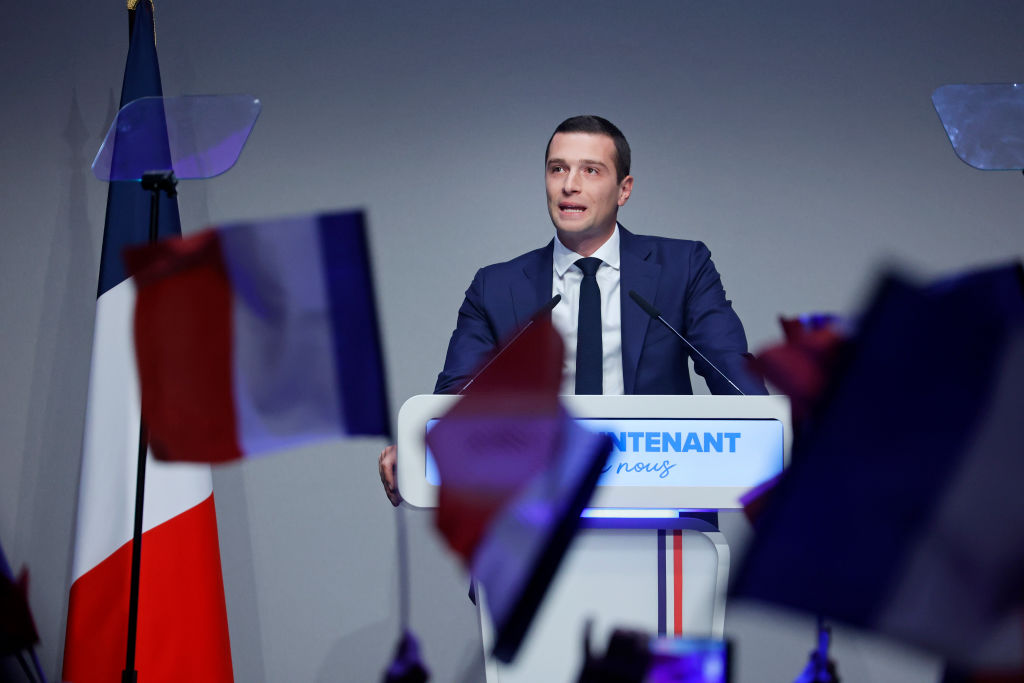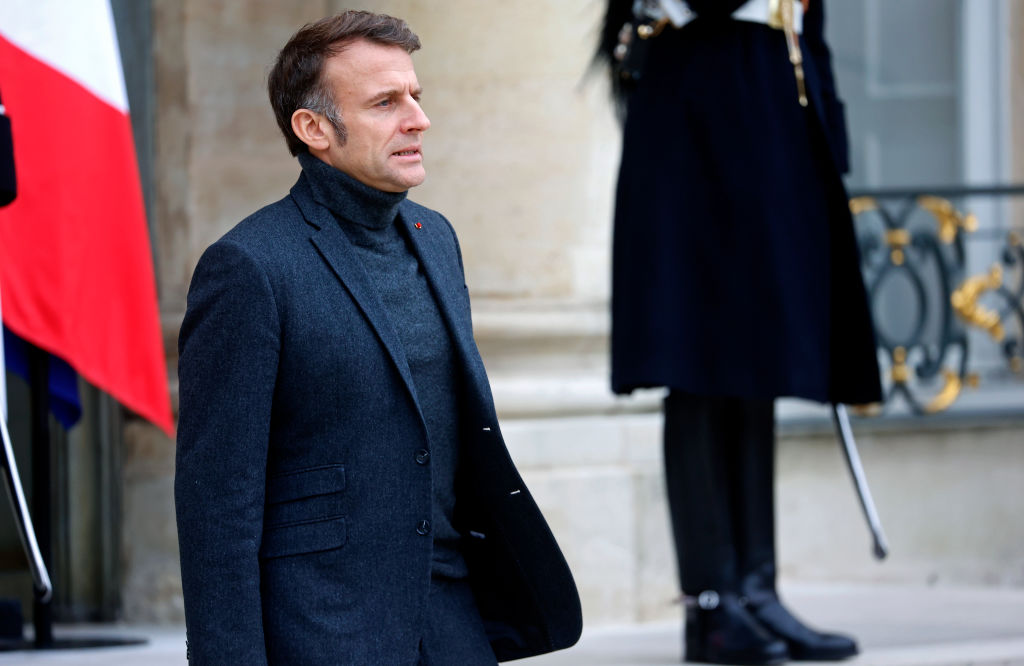The Danish Government has been pushing forward with a new step in its citizenship process: Screening applicants for “anti-democratic attitudes”.
This move, announced by the Minister of Immigration and Integration on December 17, is aimed at ensuring those granted Danish citizenship align with “the country’s democratic values”.
“The government believes that it must be ensured to the greatest extent possible that those who obtain Danish citizenship actually share Danish democratic values,” the administration said in a press release.
Under current law, only the Folketing, Denmark’s parliament, can grant citizenship. To oversee the new measure, the government has proposed creating an expert committee to assess whether potential citizens meet the country’s democratic standards.
The committee would also ensure its decisions aligned with Denmark’s Constitution and international obligations.
“We’re seeing a disturbing rise in totalitarian attitudes among a small minority of Muslims here, attitudes that are simply unacceptable in Denmark,” said Kaare Dybvad Bek, Denmark’s Minister of Immigration and Integration.
The government’s statement did not explain whether the new screening body would set clear criteria for identifying “anti-democratic” views that could disqualify applicants.
“It is, of course, important that both law, technology, practice and economics are examined properly and thoroughly so that we have a good basis for making a political decision on how such a screening could possibly be organized,” said Bek.
The announcement followed an unprecedented and controversial event that took place earlier in December in the Danish parliament.
For the first time, three applicants — who met all the official requirements for Danish citizenship — were interviewed by the parliament’s Citizenship Committee.
The move sparked protests, with Alternative Party MP Helene Brydensholt, the co-deputy chair of the parliament’s Citizenship Committee, resigning in opposition to the screening.
“I am stepping down from the Citizenship Committee because a majority in the committee has chosen to conduct interviews that were called on very short notice, without proper legal principles in place, and where conventions could potentially be violated,” she said at the time.
The applicants were flagged due to their social media activity. One, for example, had publicly celebrated the death of Swedish cartoonist Lars Vilks, known for his controversial depictions of Muhammad.
Mikkel Bjørn, from the Danish People’s Party, had pointed to that as evidence showing the applicant’s values clashed with Denmark’s.
Danish Deputy Prime Minister and leader of the Liberal (Venstre) Party, Troels Lund Poulsen, has since announced plans to review “non-Western immigrant” access to early retirement pensions.
Danish Deputy PM and leader of the Liberal Party, Troels Lund Poulsen, has announced plans to review “non-Western immigrant” access to early retirement pensions. https://t.co/nHbunw1Yb0
— Brussels Signal (@brusselssignal) December 13, 2024





